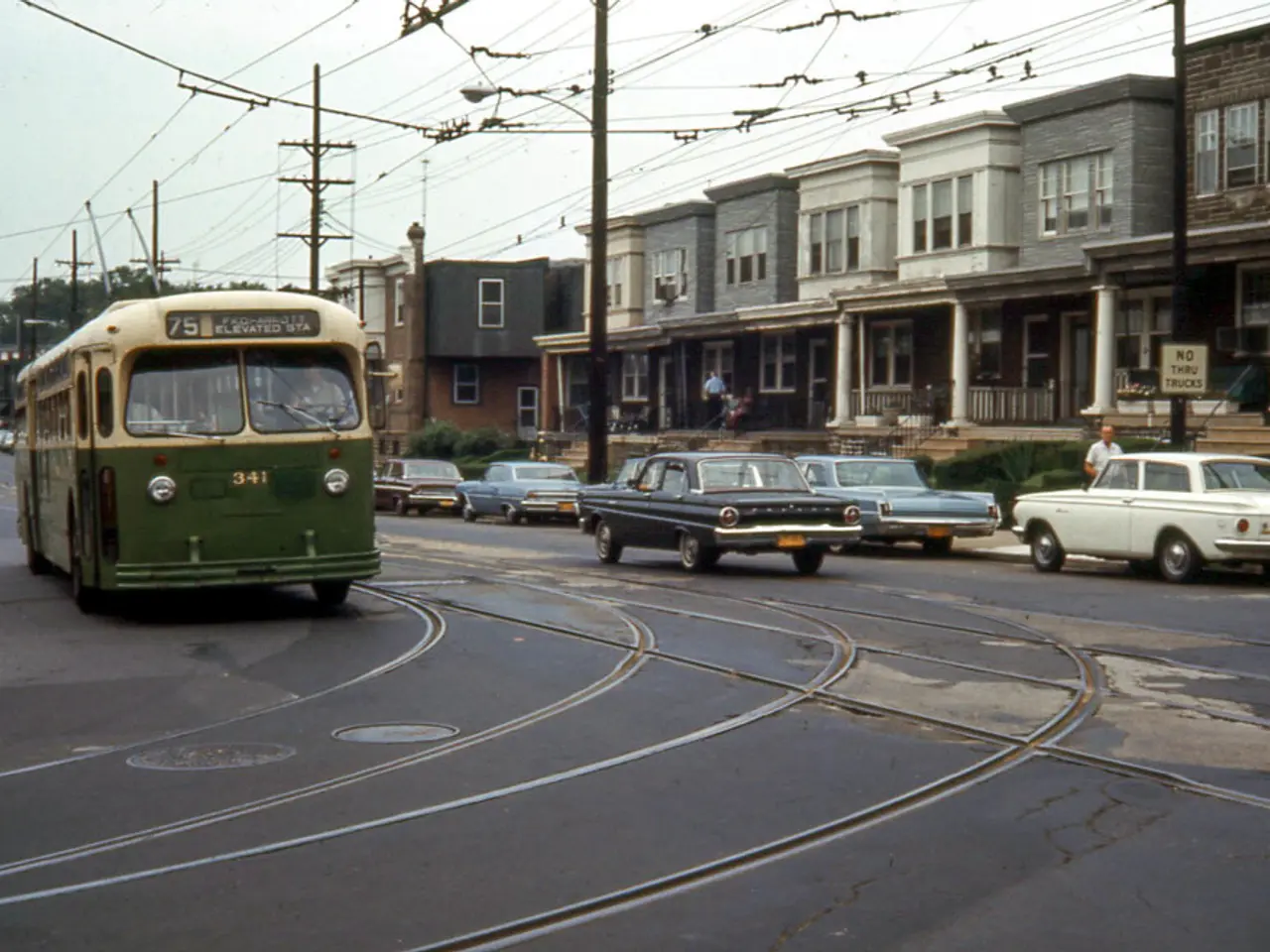Strengthens Schedules and Infrastructure by Carris
New Night Bus Network Expands Mobility in Lisbon Metropolitan Area
The Carris Metropolitana, the metropolitan road transport company in Lisbon, has introduced a new night network to enhance connectivity and mobility across the Lisbon Metropolitan Area (AML) during late hours. This expansion aims to fill the gap left by the closure of daytime buses and metro services, providing reliable and consistent service for commuters and visitors.
Key Details
- New Lines: The new night network includes several new or extended night bus lines, serving metropolitan suburbs and connecting key neighborhoods and suburbs. Unfortunately, the exact line numbers or names were not available in the search results.
- Schedule Changes: Night buses generally operate between midnight and 5:00 am, with services ending when daytime buses and metro services start up again (typically at 5:00 am). The extended night network aims to provide consistent service during these late hours.
- Fare Information: Passengers can use the same fare cards (such as the Viva Viagem card) used for metro and daytime buses on night network routes. These cards allow discounted Zapping fares or daily passes for convenience. No special night network fare discounts were mentioned, but they are likely consistent with existing public transit fare structures in Lisbon.
The new night network is part of an ongoing effort to modernize and expand the metropolitan transport system, aiming to strengthen connections between strategic points in the region and support the large commuter population and tourism activities.
Specific Changes
- In area 4, the new network will reinforce connections on lines 4701, 4710, 4715, and 4720, with a total of 19 timetable changes.
- Line 4708 will carry out the night-time schedules previously served by lines 4702 and 4705. This fast line will have fares of 4.50 euros on board and 3.10 euros in pre-payment.
- From 1 April, line 4715 will have its route changed to serve Palmela (Terminal), with its name changed and will operate after 00:30.
- A new exclusively night-time line, 4708, will connect Alcochete (Freeport) and Lisbon-Oriente via Montijo, serving Samouco and S. Francisco.
Area-specific Changes
- In area 1, there will be an increase of 11 schedules between 1 am and 6 am. Two new lines, 1740 and 1741, will be introduced with night timetables.
- In area 3, on the south bank of the Tagus, there will be 26 new night timetables between 9 pm and 6 am, reinforcing lines 3105, 3536, 3547, 3620, and 3721.
- Carris Metropolitana, through Transportes Metropolitanos de Lisboa (TML), operates the municipal networks for 15 of the 18 municipalities in the AML.
For more detailed information on the new night network, including specific line numbers, exact timetables, and fare prices, please consult Carris Metropolitana’s official website or local transport announcements.
- The new night network in the Lisbon Metropolitan Area will see the introduction of several new or extended night bus lines, including lines that cater to key industry, finance, and transportation hubs and neighborhoods.
- The expansion of the night network aims to provide seamless transportation options for commuters and visitors, especially in areas with a high concentration of financial and commercial activities, enhancing the overall mobility and connectivity of the region.




